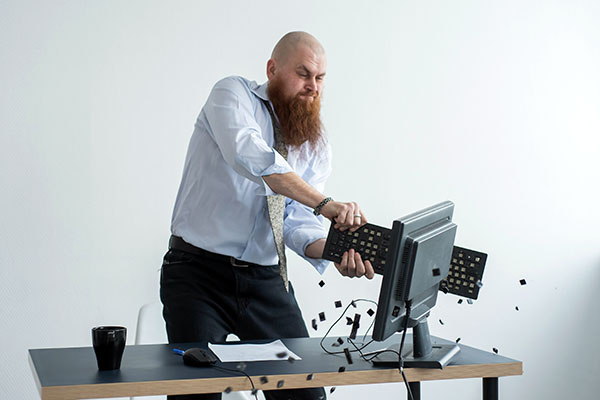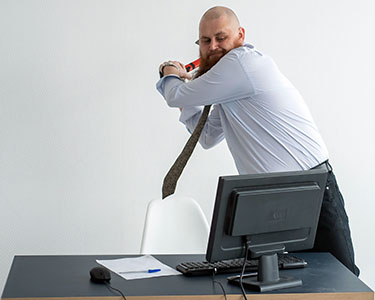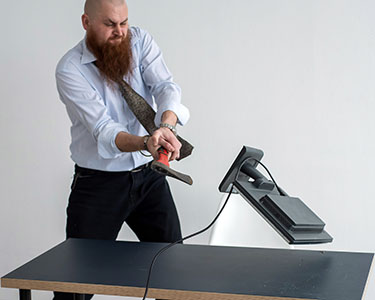  The cloud won’t save you. Back up everything on a hard drive. Before you close the books on 2023, make sure you’ve taken these simple steps to secure the digital pictures, emails, and files that matter to you. Because sooner or later you’re going to get hacked. 27-Dec-23 – Now’s the time of year when we typically look back and try to remember all that transpired – for better and worse – so that we can take the lessons we’ve hopefully learned from those experiences into the coming year. That covers adventures and experiences we’d do again in a flash and those we hope to never repeat. Reviewing pictures, notes, and memories from family and friends we had hoped to spend more time with and pawing through piles of papers we’d planned to store and secure but never got around to are all important parts of the process. When we once again drop the ball and do nothing, we add them to next year’s New Year’s resolutions and get back on the couch. But these days it’s not just our cupboards and closets that are cluttered and crammed. There’s the modest matter of the huge portion of our lives now contained in our home and office computers and, of course, increasingly in the cloud. And if you think for a moment that you have a good idea and a solid handle on all the stuff that’s been stored and stuck there over the last 12 months, you’re one in a zillion and probably kidding yourself. We all think we’re safe and sound and well-protected belt-and-suspenders folks; but saying it doesn’t make it so. So, before we start reminiscing, I want to suggest that you give a few moments of thought to protection rather than reflection. All those digital assets you hold so near and dear on your desktop or in the cloud aren’t going to protect themselves. Just ask yourself how much you’d miss and how you’d go about trying to recover or replace all those things if they disappeared tomorrow or you lost the ability to access them. You’re hit by a virus that locks your computer, your blog blows up and disappears, your latest draft of that great novel can’t be found, or someone’s swiped and changed your critical passwords.
You may think you can live without your 2023 emails but most of us use them as a quick and dirty filing system for open items, things to get done, and people we need to get back in touch with for a variety of reasons. I’ve covered the risks of misplaced or stolen passwords and we all read every day about new hacks, ransomware attacks, and other phishing and fraudulent offers. None of these problems are going away, the work-from-home revolution has made things even worse, and the older schemes and scams will simply be replaced by newer, smarter, and more convincing versions. But there’s at least one simple step that you can take to give yourself a fighting chance. My guess is that it will take less than two hours – mostly unattended – to get the whole job done for all your digital assets. I’d suggest a fireproof bag for your passports and other most important physical documents. My basic suggestion is a lot easier and simpler than you’d imagine and it’s something you can probably do in the next 24 hours if you just take the time. 1 Get yourself a stand-alone, solid state portable hard drive with some serious capacity. I’d suggest something like two terabytes, which will cost you $150 to $200. You can pay a lot more for higher transfer speeds but there’s no reason to do it. Samsung has at least a dozen varieties. 2 If you have antivirus software on your computer, run a preventative scan of the whole thing before you start the transfer. 3 Transfer everything on your desktop to the new portable drive and do the same with any web/cloud assets that you want to protect and preserve as well.
4 Disconnect the portable drive and put it someplace safe and out of sight. 5 Sleep tonight like a baby, except skip the waking up and crying every two hours part. Sometime next June decide whether it’s worth repeating the process to add any incremental material to the offline and air-gapped files now safely stored on your drive. Most people will invest more in the chance to get something good than they will to prevent something bad from happening. Prevention is a lot cheaper and less painful than cure. |


